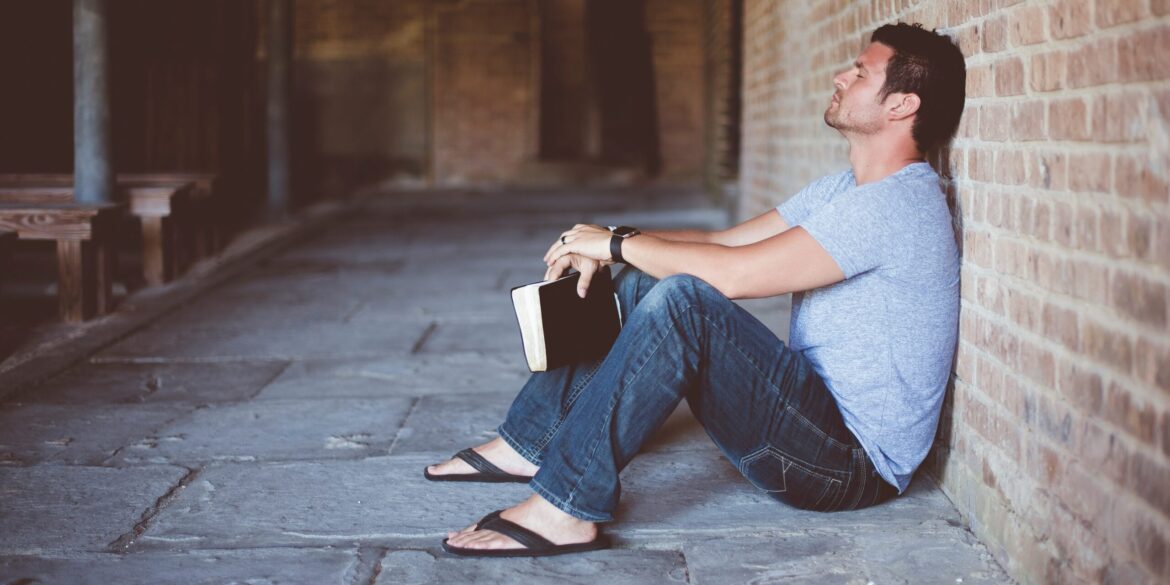This summer, a cultural shift known as “Therapy Bro Summer” is taking hold across the United States, as more men openly embrace therapy and emotional wellness. The New York Post reports that high-profile men—including Olympian Michael Phelps, NBA star DeMar DeRozan, and NFL Hall of Famer Brian Dawkins—have publicly shared their experiences in therapy, helping to dismantle long‑standing stigmas around male emotional health.
According to a survey by the dating app Hily, 55% of Gen Z women refuse to date men who are unwilling to attend therapy, and 45% of millennial women find men in therapy more emotionally aware—and therefore more attractive. This shift reflects a broader trend towards emotional maturity and self-awareness, a narrative further explored on social media and wellness blogs under the moniker “Therapy Bro Summer.”
The influence of notable public figures in changing perceptions around men’s mental health cannot be overstated. Michael Phelps, one of the most decorated Olympians in history, spoke candidly about his own depression and use of therapy, signaling to fans and followers that seeking help is not a weakness but a strength. Similarly, DeMar DeRozan has been a vocal advocate since his 2018 disclosure of struggling with depression during All‑Star Weekend. His openness prompted the NBA to mandate full‑time licensed mental health professionals for each team. Brian Dawkins, too, has shared his healing journey, further normalizing emotional care in arenas historically marked by stoicism.
This summer, therapy has become a “green flag” in dating culture. The Hily survey of 2,500 Gen Z and millennial Americans highlights that 55% of women wouldn’t date someone who dismisses therapy, while 45% find men who attend therapy more attractive. Among millennial women, 55% shared this view. Similar findings from YourTango reinforce that over half of Gen Z women won’t consider dating a man unless he’s open to therapy. For many young women, emotional intelligence, vulnerability, and the willingness to grow are modern standards in romantic partnerships.
Mental health professionals emphasize that the benefits of therapy extend far beyond romantic appeal. John Montagna, a mental health counselor at Greenwich House’s Center for Resiliency and Wellness, notes that “men are definitely more proactive about seeking help in a way that previous generations might not have been.” Psychologists like Dr. Kathryn Smerling and Dr. Rachel Ginsberg echo this sentiment, asserting that emotional regulation, authentic communication, and resilience cultivated in therapy strengthen family bonds and improve overall life satisfaction.
Furthermore, the transformation is reshaping masculinity itself. Men are redefining strength to include self‑awareness and emotional growth, not just physical toughness. Blogs and wellness sites describe Therapy Bro Summer as “the new flex,” offering practical ways for men to begin therapy and prioritize emotional fitness.
Experts caution that this isn’t just about cultural acceptance—it can be life-saving. Men complete suicide at more than three times the rate of women, often due to untreated mental health issues. Advocates like Justin Hutchison, a men’s mental health advocate on TikTok, share personal stories of transformation: “Therapy saved my life… strong men go to therapy.” This message calls on men to see therapy as a vital tool for emotional survival and growth.
Dating apps have become a reflection of this cultural shift. Prompts like “My therapist would say I…” are increasingly popular, encouraging users to share vulnerability and emotional growth. Research indicates that daters view therapy as a sign of authenticity—according to a Global Dating Insights report, 55% of young women see therapy openness as essential in evaluating partners. Men are also more comfortable engaging in mental health conversations than their predecessors—67% of Gen Z and 72% of millennial men report being open to mental health dialogues.
Critics caution that Therapy Bro Summer must translate into lasting change. Mental health counselors urge men to treat therapy as a long-term investment, extending emotional introspection beyond summer into fall and winter. Naming this summer “Therapy Bro” highlights initial momentum, but lasting transformation requires sustained engagement, goal setting, and follow‑through.
The “Therapy Bro Summer” movement represents more than a seasonal trend—it’s a cultural redefinition of masculinity. As celebrities, athletes, mental health professionals, and daters champion therapy, men are discovering emotional strength in vulnerability. For many, therapy is now synonymous with growth, connection, and authenticity. With partners, families, and society welcoming this shift, the challenge for men is to maintain and deepen their emotional work beyond summer’s end.

